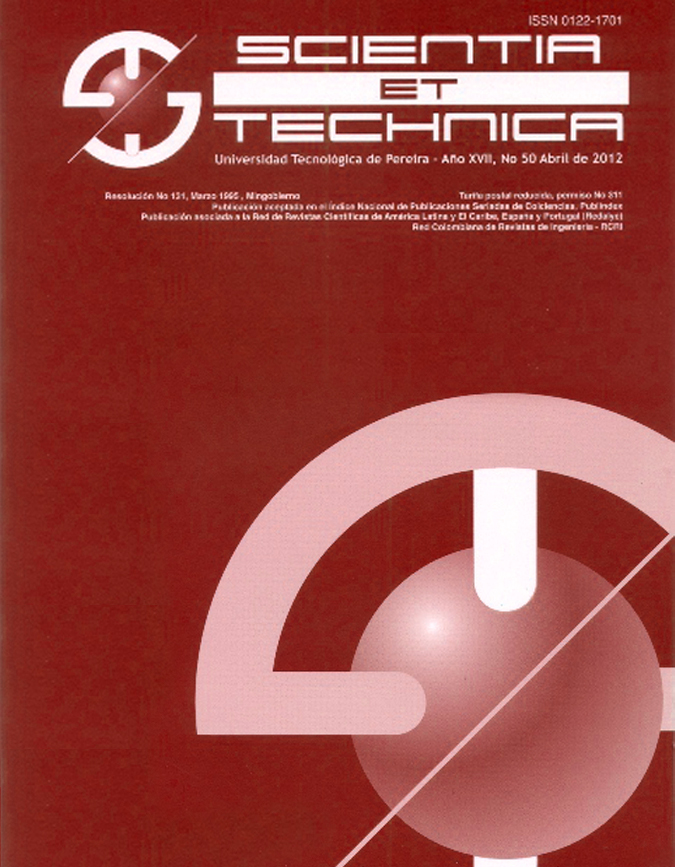A canonical software process family based on the Unified Process
DOI:
https://doi.org/10.22517/23447214.17351Keywords:
Software process family, software process, software process tailoring, Unified ProcessAbstract
The Unified Process (UP) is a processes framework widely known and used by the software industry and academic community. UP was developed under the conception of a universal application, but even a single process is not appropriate to address all development projects since optimal process depends on the particularities of each project or organization. Frequently, many process components need to be adapted to the organization or project needs, a complex task because the experience and knowledge required. Perform adaptation in an inappropriate way is prone to error due to the difficulties for taking tailoring decisions. The paper goal is proposing a canonical software processes family based on the Unified Process to support software process tailoring. Our methodology was based on the meta-process CASPER to build a software process family and we use the Case Study method as a strategy for validating the canonical process family empirically. As a result, we show a canonical software processes family, which will serve as a platform for determining a process family based on Unified process in a small software organization. This canonical family has the advantage that uses a tailoring mechanism following a transformation strategy that encapsulates tailoring decisions in order to systematize this activity. In this work, we show the initial results in the applicability of a canonical software process family as base in the building the software process families based on UP in the small companies context, and also we conclude that the UP is a process framework with spread spectrum, which limited its formulation like a general software process family, due to that a process family requires determining carefully the application domain known as software process family scopeDownloads
Downloads
-
Vistas(Views): 649
- PDF Descargas(Downloads): 427
Published
How to Cite
Issue
Section
License
Copyrights
The journal is free open access. The papers are published under the Creative Commons Attribution / Attribution-NonCommercial-NoDerivatives 4.0 International - CC BY-NC-ND 4.0 license. For this reason, the author or authors of a manuscript accepted for publication will yield all the economic rights to the Universidad Tecnológica of Pereira free of charge, taking into account the following:
In the event that the submitted manuscript is accepted for publication, the authors must grant permission to the journal, in unlimited time, to reproduce, to edit, distribute, exhibit and publish anywhere, either by means printed, electronic, databases, repositories, optical discs, Internet or any other required medium. In all cases, the journal preserves the obligation to respect, the moral rights of the authors, contained in article 30 of Law 23 of 1982 of the Government Colombian.
The transferors using ASSIGNMENT OF PATRIMONIAL RIGHTS letter declare that all the material that is part of the article is entirely free of copyright. Therefore, the authors are responsible for any litigation or related claim to intellectual property rights. They exonerate of all responsibility to the Universidad Tecnológica of Pereira (publishing entity) and the Scientia et Technica journal. Likewise, the authors accept that the work presented will be distributed in free open access, safeguarding copyright under the Creative Commons Attribution / Recognition-NonCommercial-NoDerivatives 4.0 International - https://creativecommons.org/licenses/by-nc-nd/4.0/deed.es license.



